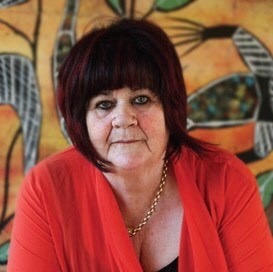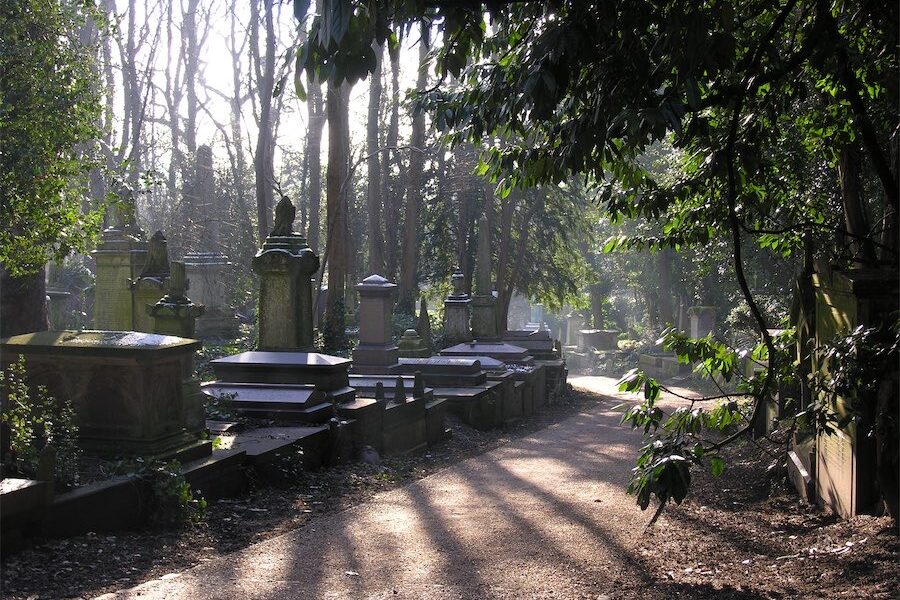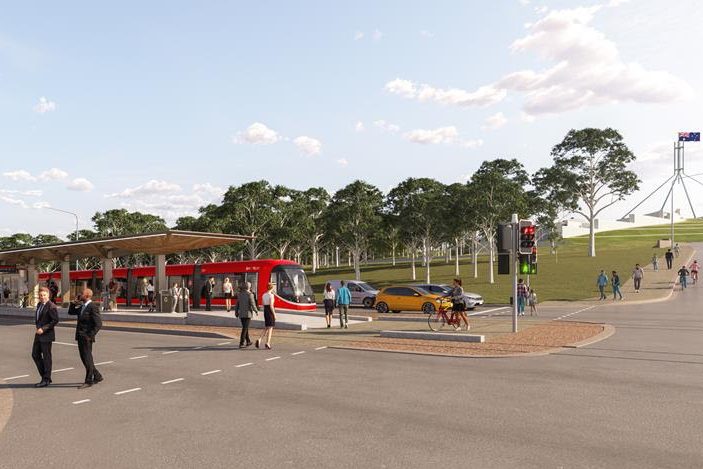THE ACT government has released a consultation draft ACT Drug Strategy and is seeking submissions and feedback on the draft.

Winnunga Nimmityjah Aboriginal Health and Community Service in responding to the draft strategy has highlighted the urgent need for an indigenous-specific drug and alcohol residential rehabilitation facility. We regard this as the single greatest gap in drug services in the ACT.
Winnunga AHCS will also be raising questions about the process that the government proposes be used for considering the need it has raised to ban smoking in the AMC.
The draft strategy provides that consideration will be given under the strategy to “the need for smoke-free areas, including smoke-free correctional facilities”.
In light of the phrasing of the draft strategy, namely a proposal that the “need” to ban smoking in correctional facilities be examined, it was disappointing to see the Minister for Corrections and a government spokesperson talking not about the need for such a policy, but the basis on which a tobacco ban will be implemented.
I would be concerned if a decision to ban tobacco in the AMC has already been made and the only issue of concern to the government and officials, as it has been suggested, is how to prevent detainees from rioting, as they did in prisons interstate, when a ban was implemented.
A question central to the banning of tobacco in the AMC surely is, therefore, “what possible reasons would detainees have for rioting if tobacco was banned in the prison”. There are a range of complex issues that require serious and objective consideration if tobacco is to be banned at the AMC.
A threshold question is on what basis does the government consider it appropriate to deny to people in prison access to something that does not pose a security risk and which every other adult in Australia is legally entitled to possess and use?
Other important questions would include:
- What is the rationale for this policy?
- What are the outcomes that it is hoped to achieve?
- What are the risks and likely consequences of imposing a ban on tobacco?
- Is the proposed ban deliberately punitive?
- Is it an additional form of punishment to be imposed to reinforce the power of those that operate the machinery of justice by highlighting the powerlessness of the people locked up and under their control?
Some of the answers are obvious. For example, a ban on tobacco will have the effect of creating a black market within the prison for tobacco.
Tobacco will, like illicit drugs and mobile phones, become another high-value, tradeable product. The price of tobacco will obviously go through the roof but it will continue to be readily available in the AMC, just as are a range of illicit drugs and mobile phones.
By way of illustration a 25 gram packet of White Ox tobacco, which currently retails for around $40, attracts a price of a minimum of $500 in those prisons in Australia that have banned tobacco.
A ban on tobacco will almost certainly exacerbate the state of relations within the AMC between prisoners and prison officers, and between prisoners. The ban will be particularly difficult for prisoners who cannot afford to purchase either tobacco or drugs and will have serious implications for people who are vulnerable.
An issue that receives little attention and which needs to be considered in any inquiry into the “need” to ban tobacco, as well as more broadly, is the extent to which power relationships and imbalances among detainees in the AMC impact on their families on the outside.
Drugs purchased in the AMC must, of course, be paid for and the networks of those supplying the drugs extend throughout the community.
A consequence of banning tobacco will be that many detainees who have chosen tobacco over other drugs inside the AMC for cost reasons, will inevitably be faced with a choice of either illicit drugs or contraband tobacco – neither of which they can afford.
It would be naïve to think for one minute people will simply decide to quit. Rather they will run up debts for which their families will be pursued on the outside or which they will be forced to pay in kind to the dealers inside the prison.
The most common response of detainees when asked why they use drugs or smoke tobacco in the AMC is because they have an addiction or because of the therapeutic or calming effect it has on them and so helps them navigate and survive the mind-numbing monotony and the dangerous and threatening atmosphere which prevails in the AMC.
My concern is that the push to deny tobacco to people in prison elevates the undoubted benefits of not smoking above the evidence of or an understanding of the potentially very negative consequences such a ban would have on a group of people, many of whom live with mental health and substance abuse issues and have led lives characterised by deep trauma, disadvantage and marginalisation.
Julie Tongs is the CEO Winnunga Nimmityjah Aboriginal Health and Community Service
Who can be trusted?
In a world of spin and confusion, there’s never been a more important time to support independent journalism in Canberra.
If you trust our work online and want to enforce the power of independent voices, I invite you to make a small contribution.
Every dollar of support is invested back into our journalism to help keep citynews.com.au strong and free.
Thank you,
Ian Meikle, editor




Leave a Reply